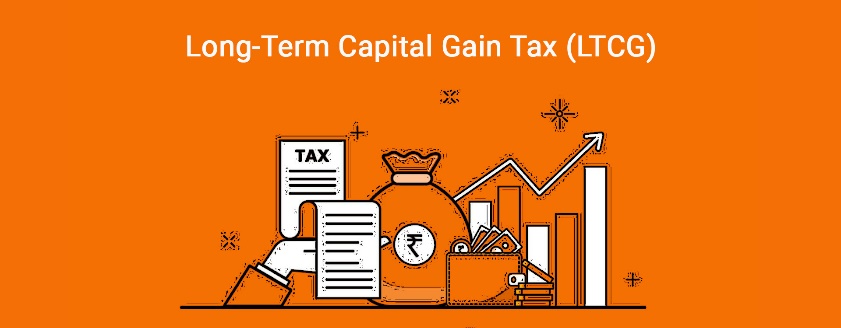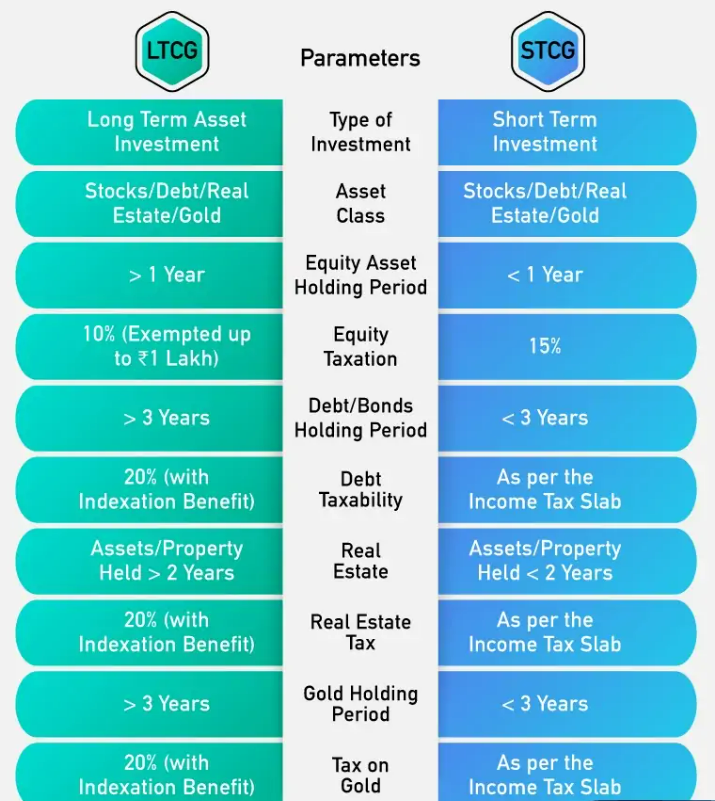





Disclaimer: Copyright infringement not intended.
Context
ALL ABOUT MUTUAL FUNDS: https://www.iasgyan.in/daily-current-affairs/mutual-fund
ALL ABOUT INFLATION: https://www.iasgyan.in/daily-current-affairs/inflation-29
BACKGROUND
Capital Gains
How have debt mutual funds been taxed until FY2022-23?

Note: Indexation means adjusting the cost of funds after taking into account inflation in the redemption cost. It helps to calculate the new value of the investment after considering inflation over the same period.
|
CALCULATION OF INDEXATION Since indexation is used for arriving at an adjusted price of purchase after considering inflation, a Cost of Inflation Index (CII) is used for indexing (adjusting) the purchase price. This Cost of Inflation Index number is notified by the Finance Ministry for every Financial Year and is available on the Income Tax Website For arriving at the adjusted cost of acquisition of the Debt Fund units, we divide the Cost Inflation Index of the year in which the units are sold by the Cost Inflation Index of the Year in which these units were acquired and then multiply the figure by the actual cost at which the units were purchased. This will give the adjusted price which can be used for calculating the Long Term Capital Gains.
For Example – Mr. A purchased 5000 units of Debt mutual fund XYZ at Rs18 in the Financial Year 2012-13 and then sold these at Rs 27 in the Financial Year 2018-19. (As the units were held for more than 36 months, this transaction qualifies for indexation benefit) The profit realized in the transaction is: 5000 (27-18) = Rs 45000 First, we arrive at the Inflation adjusted purchase price: Inflation-adjusted Purchase price: ( 280 /200)*18 =25.2 Then we calculate the LTCG for the transaction: 5000 x (INR 27- INR 25.2) = INR 9000 (Here Cost Inflation Index number for 2018-19 is 280 and that for 2012-13 is 200. The numbers have been taken from the Income Tax Site).
COST INFLATION INDEX VALUE (CII) The cost of inflation index is a method through which we can calculate long-term capital gains from the sale of the assets. The inflation rate that is used in indexation is taken from the cost inflation index (CII) of the government. The value in the index is identified by the Central Government every year and is updated on the website of the Income Tax Department. Tax Rate On Long Term Capital Gains For Debt Funds The tax rate for LTCG on Debt Funds is 20%. (Overall it will be 22.88% after including a surcharge of 10% and education cess of 4%) This is much better than the tax levied for other Fixed Income instruments like bank Fixed Deposits. Tax Calculation for our example Applicable Tax: 22.88% of INR 9000= INR 2059 as against INR 10296 (22.88% of INR 45000) (Thus a substantial saving of INR 8237 {INR 10296- INR 2059})
INDEXATION BENEFIT IN MUTUAL FUNDS The concept of Indexation makes investment in Debt mutual funds a lucrative proposition as it provides investors with an opportunity to earn reasonably better post-tax returns. This is because indexation helps in significantly reducing the capital gains by way of using the Cost of Inflation Index. Higher inflation rate increases the cost of acquisition (purchase price) of units which results in a decrease in profit and hence lesser capital gains. This in turn lowers the tax burden. |
What does the amendment propose?
In a nutshell,
Changes made
Many feel that the removal of tax arbitrage and the creation of a consistent tax policy across all debt instruments is good news for banks looking to attract customers with higher interest rates and to increase their borrowing and savings book sizes.
Impact on investors: Understanding through an example
How will debt mutual funds be impacted?
|
MAINS PRACTICE QUESTION Q. The growth of the Mutual Fund Industry in India has created its edge in the personal finance industry in India and has opened up opportunities to investors in order to diversify their investments across assets. Discuss. |








© 2025 iasgyan. All right reserved